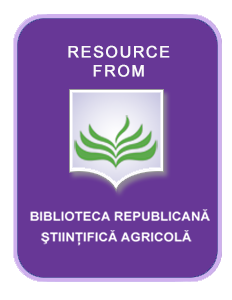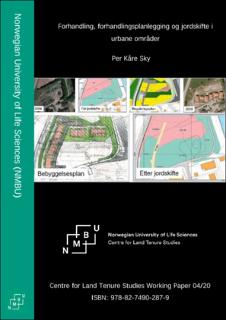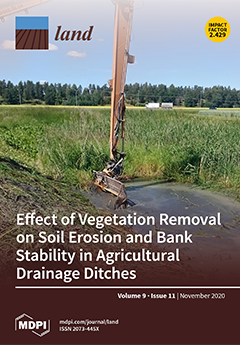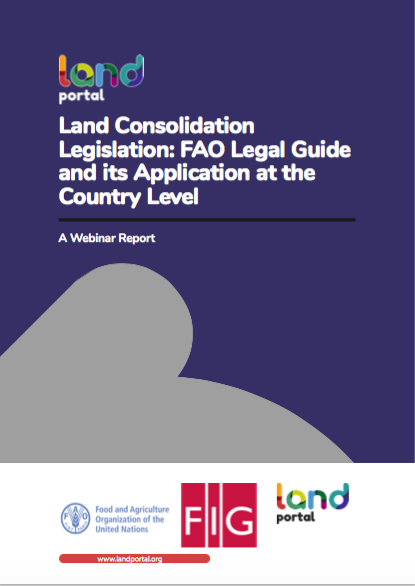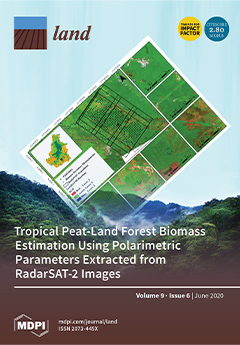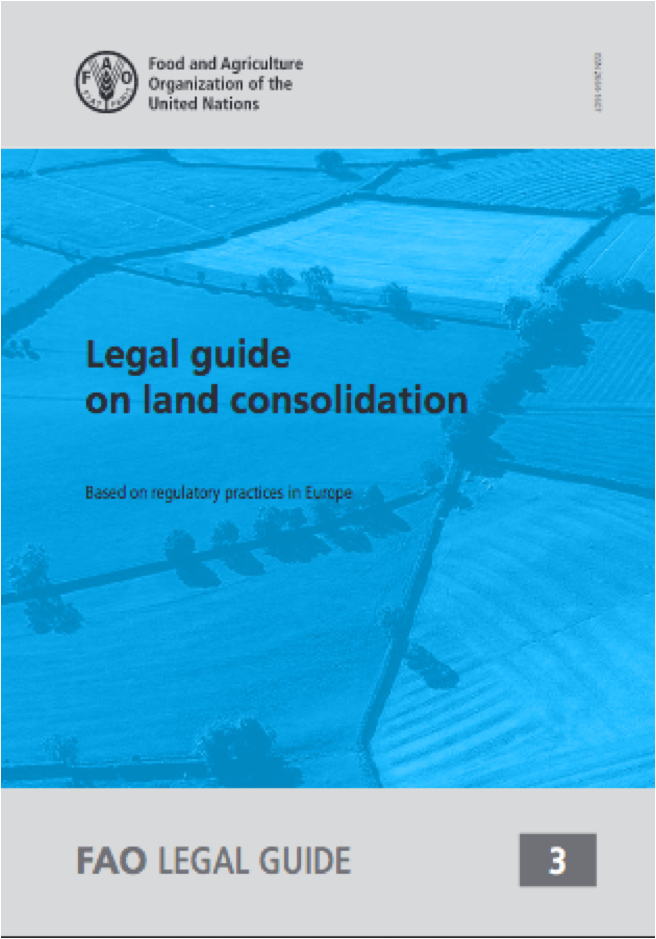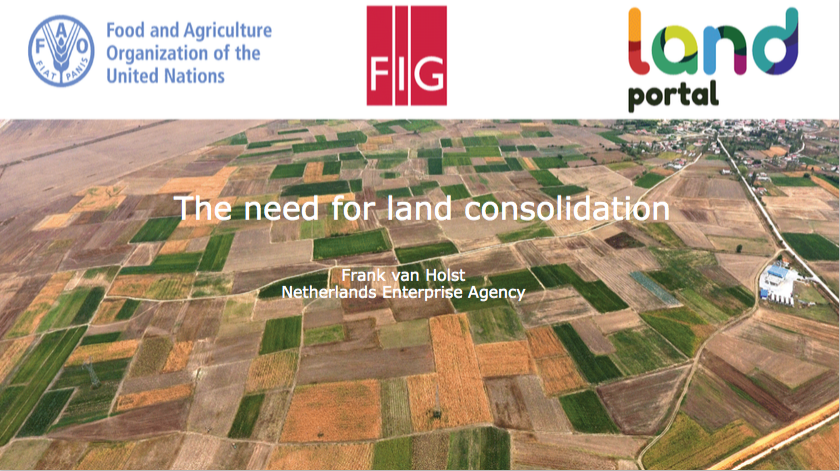Land Consolidation Zoning in Coastal Tidal Areas Based on Landscape Security Pattern: A Case Study of Dafeng District, Yancheng, Jiangsu Province, China
It is crucial to pay close attention to the ecological security in land consolidation and utilization of coastal tidal areas and make an appropriate zoning scheme to meet the characteristics of its particular landscape. Landscape security patterns can identify the patterns that are crucial to the health and security of landscape ecological processes by analyzing and simulation them. This article applies the theory of landscape security pattern to land consolidation zoning in a coastal tidal area, Dafeng District, Yancheng, Jiangsu Province.


